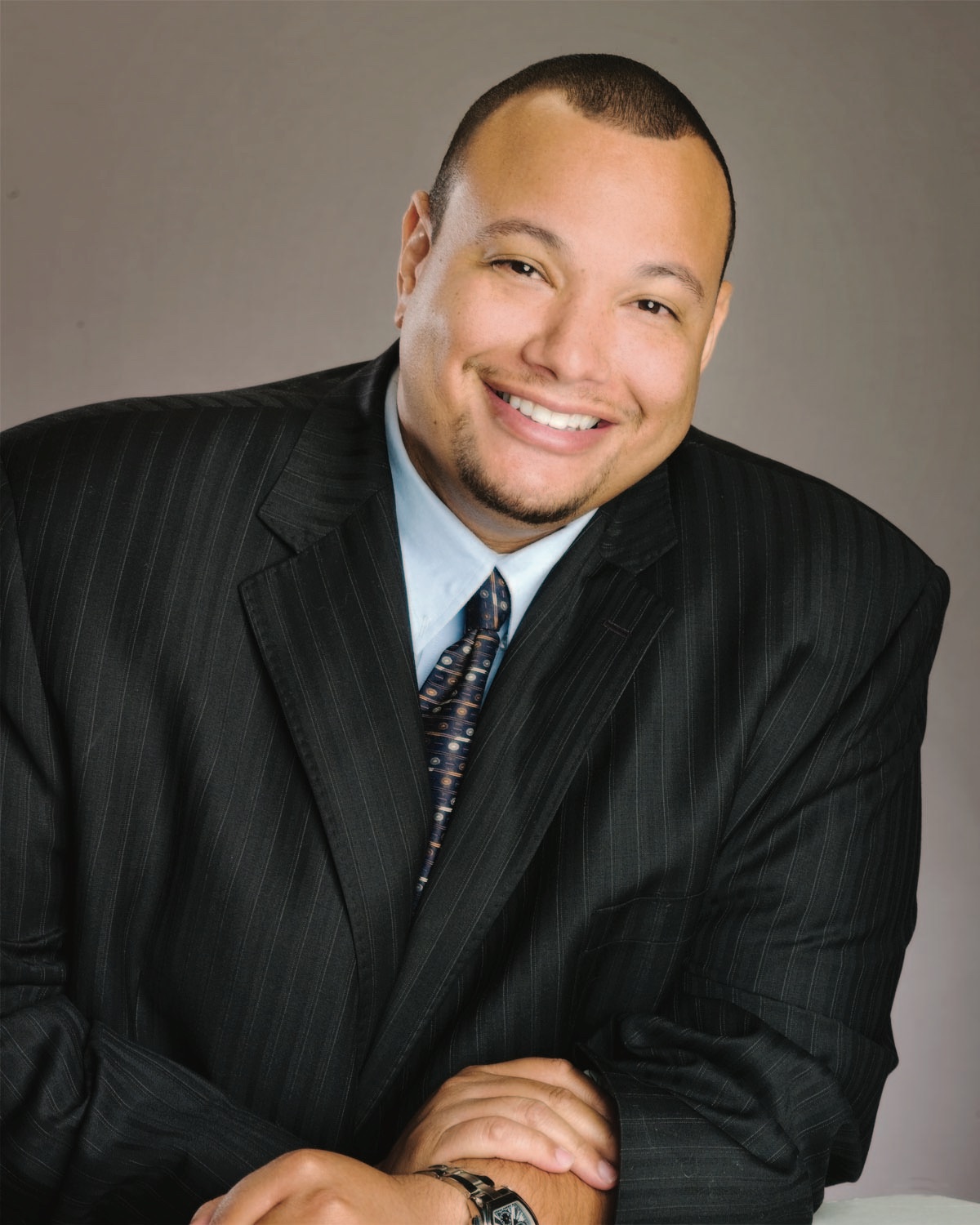(Orlando Sentinel) The evil massacre of 17 innocents at Marjory Stoneman Douglas High School in Parkland two weeks ago reinvigorated the national debate over gun rights and gun control; however, the debate has largely excluded African-American voices.
Despite its reputation for being apathetic to black life, the National Rifle Association has tens of thousands of black members. The National African- American Gun Association has 20,000 members and has grown from four chapters in 2016 to 30 chapters in 2017. Gun sales among African-Americans significantly spiked after the Charleston church massacre and election of Donald Trump.
One vital root cause of mass shootings curiously eludes public discussion: violent white extremist ideology. White supremacists murder more people through gun violence than any other domestic extremist group. Violent white extremist groups and actors, such as the Ku Klux Klan, Oklahoma City bomber Timothy McVey, Charleston murderer Dylan Roof, and Parkland accused killer Nikolas Cruz, are American born and bred. What are we feeding them? Does anyone doubt that when swastikas and Confederate flags offend Americans more than hijabs and skull caps, mass shootings will decrease?
African-Americans arguably have the richest tradition of gun-rights advocacy despite being targeted by and resisting local, state and federal gun-control measures since before America’s founding. The 1792 Uniform Military Act restricted militia service by excluding black men from joining. White fears that free blacks would rebel and organize slave rebellions proliferated violent search, seizure and punishing arms control law.
For example, the sale of firearms to enslaved people was unlawful in Florida. In 1825, when Florida was a U.S. territory, it adopted a gun-control law aimed at disarming free blacks. It created white citizen patrols with the power to search and seize arms and other weapons in “all Negro houses” and mandated that blacks could only use a firearm “in the presence of a white person.” It tightened said restrictions in 1831 and 1833. After Florida became a state, in 1846 and 1861 it permitted white patrols to summarily punish any blacks — free or enslaved — in possession of a firearm.
Further restrictions on black ownership of guns and racial conflict in the late 19th and early 20th centuries set the stage for the massacre and destruction of entire black communities such as Rosewood and Ocoee in Florida and in Colfax, La., and Tulsa, Okla. ln self-defense African-Americans were forced to establish private self-defense militias. Violent white extremism reached a zenith after the Supreme Court’s 1857 Dredd Scott v. Sanford ruling that “neither free blacks nor slaves could be citizens” of the country, setting the normative order for black codes intended to disarm and regulate African- Americans.
The 1874 Cruikshank decision essentially held that the federal government had no authority to prevent hate crimes (lynchings and murders) of blacks by violent white militia groups such as the Ku Klux Klan and White League. This case concerned the 1873 Colfax Massacre (Louisiana) where violent white extremist groups slaughtered 100 black male Republicans seeking to vote. Black history demonstrates that African-Americans overwhelmingly embrace the Second Amendment and endorse the use of firearms for self-defense. Armed black citizens regularly guarded nonviolent civil-rights activists from Mississippi to Calfornia. James Farmer, the late head of the Congress for Racial Equality praised the 900-strong Deacons for Defense and Justice for providing him with armed protection from the Klan.
The Black Panthers were the pioneers of America’s modern gun-rights movement. From several armed slave rebellions such as Nat Turner’s (1831) to Malcolm X — recalling the Ebony magazine photo of him holding an M-1 carbine assault rifle — African-Americans have a tradition of gun-rights advocacy despite gun violence in urban America.
When the Black Panthers embraced gun rights in California, the state Assembly, with NRA support, speedily adopted the Mulford Act aimed at banning blacks from publicly carrying firearms in public places. Some 40 years later, Otis McDonald, a 76-year-old black grandfather seeking to protect himself from criminals, successfully argued that the Second Amendment right to carry firearms applied to states, defeating an ordinance that sought to ban private handgun ownership in private residences in Chicago, also known as “Chi-Raq.” African-Americans have been pioneering gun-rights advocates and owners since before America’s founding. Our history of combating anti-black violence dictates that we cannot not adopt the privileged ideals of liberal white gun- control advocates and should be suspicious of those who argue otherwise. There is a very good reason why Ida B. Wells-Barnett, Martin Luther King Jr. and Malcolm X owned firearms. I understand. I’ve been a member of the NRA for years.

